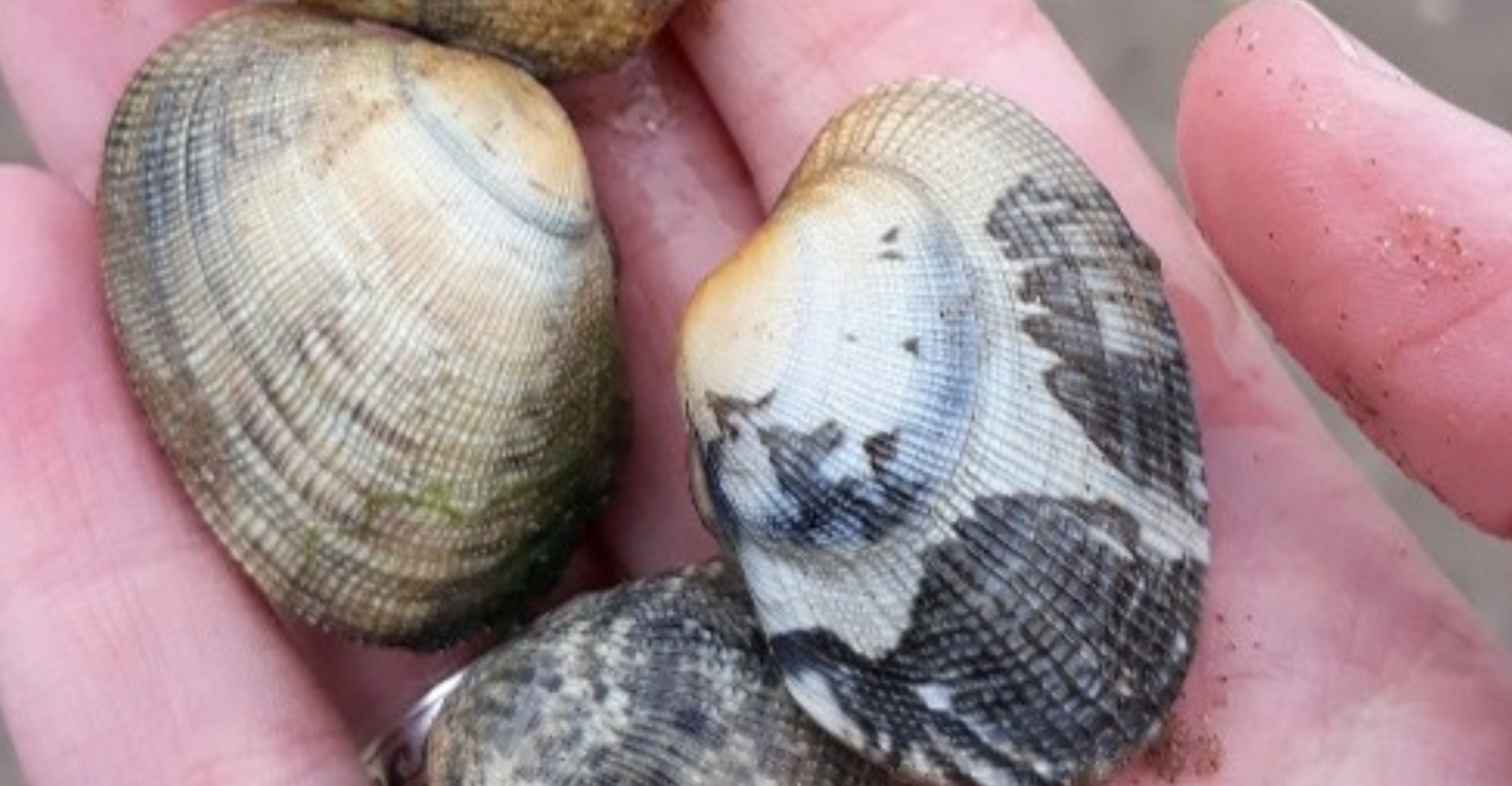
Rules around shellfish harvesting
Published
Monday 7 July, 2025
Updated
Monday 7 July, 2025
People are being reminded about the rules around harvesting shellfish along Swale’s coastline.
The reminder by Swale Borough Council comes after an increase in the amount of shellfish harvesting seen taking place on the Isle of Sheppey coast in recent years.
Anyone planning to collect shellfish, should remember:
- collect only for your own personal consumption (up to 5kg)
- do not offer shellfish in exchange for money, products, or services
- leave smaller shellfish to grow and reproduce
- do not gather shellfish from SSSIs
- stay safe, be aware of the tides and weather
People are allowed to collect 5kg of oysters, cockles, mussels, and clams for their personal use, but doing so can come with risks.
These types of shellfish can hold onto toxins and bacteria from the sea, and eating contaminated flesh can result in serious illness.
Over harvesting can also have a detrimental impact on Swale’s shellfish beds and can cause irreparable damage to these delicate ecosystems.
That is why all commercial harvesters need to obtain a registration document from the council and need to do testing to make sure they are safe to eat.
The council works closely with the Kent and Essex Inshore Fisheries and Conservation Authority (KEIFCA) and Kent Police to crackdown on illegal harvesting.
There is a ban on cockle harvesting without a permit, and there is a minimum catch size for clams (35mm) and mussels (18mm).
It is also prohibited to collect shellfish from Swale’s two sites of special scientific interest (SSSI) - The Swale and the Sheppey Cliffs and Foreshore – which are both geologically and ecologically important.
Cllr Dolley Wooster, chair of Swale Borough Council’s Environment and Climate Change Committee, said:
“We have seen an increase in shellfish harvesting over the past few years and, while this is allowed if it’s for your own personal use, we want people to understand the risks and impact it can have.
“Eating any shellfish you collect can risk illness, as they are filter feeders that can collect bacteria and toxins and other contaminants.
“That is why we closely monitor commercial harvesters, who need to thoroughly test their shellfish to make sure they are safe to eat.
“Over harvesting can also affect the delicate balance of our shellfish beds, and harvesting from our scientifically important areas can damage these important ecosystems.
“If you are planning to collect mussels, clams or oysters, please do so responsibly and in sustainable way.”
There are signs on Swale’s beaches explaining the rules around shellfish harvesting.
The council have undertaken patrols of harvesting hotspots alongside Kent and Essex Inshore Fisheries and Conservation Authority (KEIFCA), Kent Police and the Gangmasters and Labour Abuse Authority (GLAA).
During these patrols they worked to educate gatherers around the rules of shellfish harvesting, and to determine if they had any links with food businesses or if they were being exploited.
If they were linked to a business this was investigated, and when groups were taking more than the permitted 5kg, they were made to return any excess and undersized shellfish.
Incidents of illegal shellfish harvesting can be reported through the Country Eye app.



